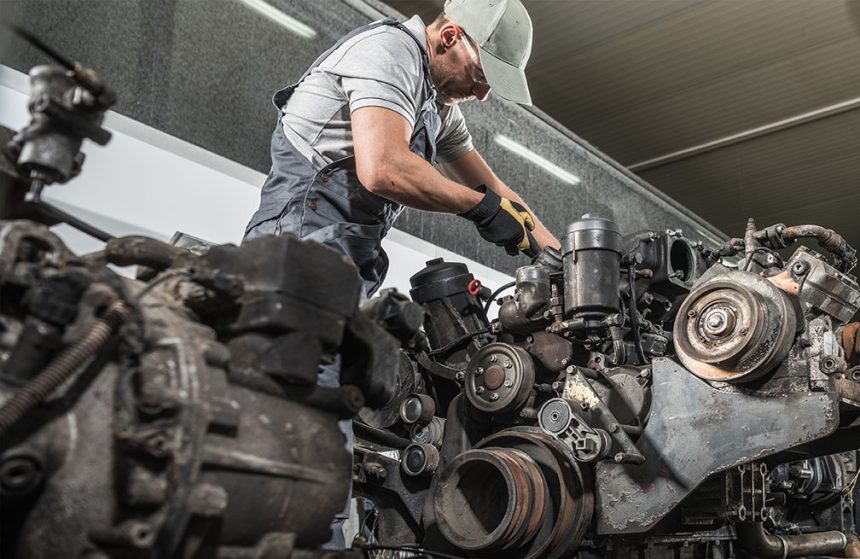Vehicle maintenance problems and failure to operate services has led to the four-vehicle O-Licence held by Gloucester-based Jackies Coaches Ltd being revoked and the company ordered to pay a penalty of £1,100 by TC Kevin Rooney.
The TC said that Jackies Coaches directors were Duncan Pratt and Jacqueline Pratt. The Transport Manager until 1 January was Peter Allen. James Pratt was a director until 3 January. Duncan and Jacqueline Pratt previously held a licence as a partnership until it was revoked on 3 January 2023 for serious maintenance concerns. That licence was authorised for 12 vehicles until the TC curtailed it to five at a Public Inquiry (PI) in August 2022. Duncan Pratt lost his good repute as a TM. TC Rooney indicated that an application for a smaller authority might succeed, hence the four-vehicle licence was granted in December 2022.
Vehicle Examiner Daniel Field found serious shortcomings with the inspection records, TM’s control, driver defect reporting, inspection facilities, and maintenance arrangements. Prohibition notices were issued. The DVSA investigation appeared to trigger the resignations of James Pratt as director and Mr Allen as TM. A period of grace was granted until 21 March. An application was received to add Samual Steel as TM on 25 January.
Gloucestershire County Council notified the TC on 1 February that the company had not resumed operations following the Christmas break. The notification included a copy of a notice from the company to parents saying that the decision had been made to close the company completely.
Mr Allen said that they had been looking for other maintenance providers but hadn’t found any suitable. Local providers either didn’t have scope or were reluctant to be involved with Jackies. He had felt that the vehicles were too old and too complex for the work they were doing. He had advised that the company move to service buses which would be easier to maintain.
James Pratt said that up until the serious MoT failure in September, he was happy that the business was running compliantly. Vehicles were going in for PMIs on time. The TM wasn’t flagging any issues. If he were to start a new business, he might look at smaller vehicles as it was easier to find maintenance providers for them. His understanding was that the company had to stop operating the registered services until it received a period of grace. By the time the period of grace was granted, it was too late.
He had learned invaluable lessons from what had happened at Jackies Coaches. A good relationship between operator and maintenance provider was key. He would have a second maintenance provider that could check on the first one. He wasn’t looking to run big coaches; smaller ones were financially more stable.
The TC said that the company knew the time had come and had ceased operating of its own accord, yet showed respect for the O-Licensing system by investing in legal representation and attending the PI. This was not an operator for whom the regulatory regime meant nothing. In not imposing the maximum financial penalty, the TC said it was not a persistent case of failing to operate or not operating to time. It was a single case of an immediate and permanent cessation of services. The company gave some, if minimal, notice to parents.
Should James Pratt seek to apply for his own O-Licence, TC Rooney suggested that such an application would be more likely to succeed if for a modest operation and for smaller vehicles than were in use here. The vehicles should also be appropriate for the work; an intercity express coach was not best suited to school runs in Gloucestershire.



























